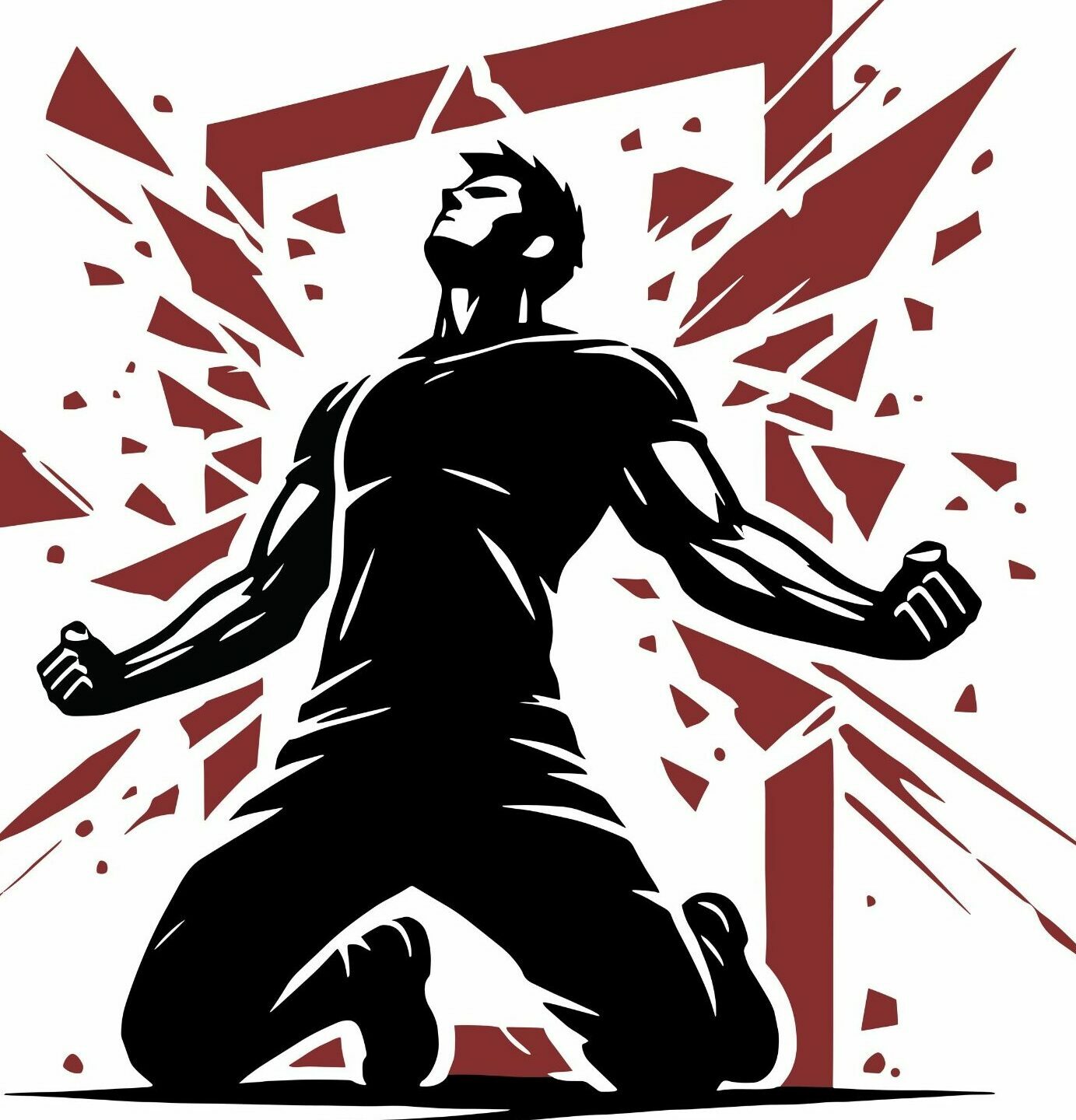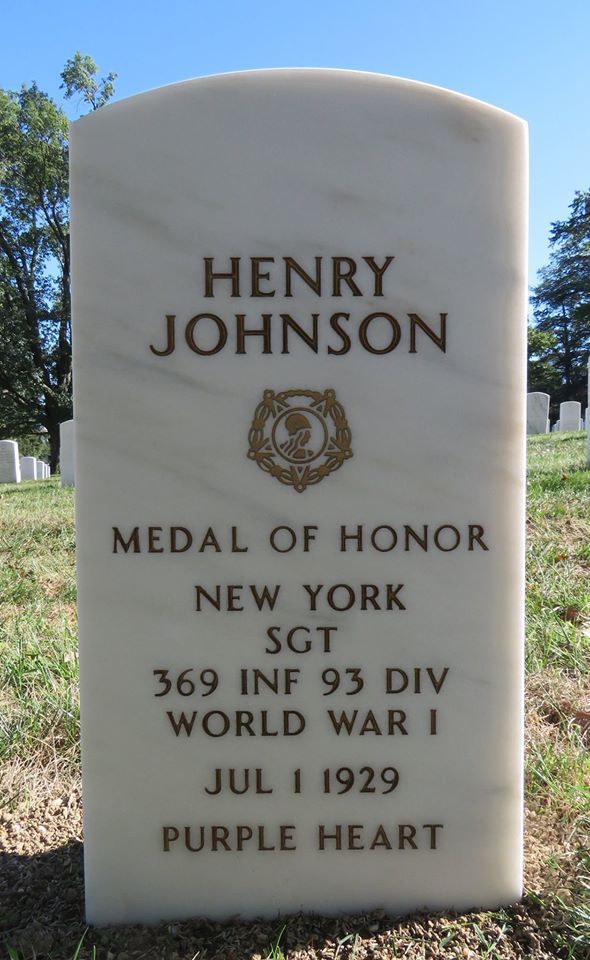Civil Rights on the Horizon
Sadly, as all units do when they go to war, the 93d Division returned home with fewer men. The casualty rate for the division was 3,534 men killed or wounded, but the Germans never took one prisoner from the 93d (Bryan, 2003, p. 18). Instead of their home nation welcoming them back as the heroes they were, these men received a rude awakening when they stepped upon American soil for the first time in over a year. The white population feared that African American veterans would demand the same equality and justice that the white population continued to enjoy thanks to the efforts of these brave Soldiers.
Racial tension was ubiquitous across the land, especially in the southern states where officials heavily enforced Jim Crow laws. During the summer of 1919, anti-black riots broke out across the country (Higgins, 2019). War participation did not improve the status of the African American. Their government and white neighbors wanted to restore the pre-war status quo. As organizations such as the National Association for the Advancement of Colored People (NAACP) began to organize, state officials pushed back. Municipalities throughout the nation exploded as white on black violence last for almost four months. Dubbed the Red Summer, white mobs hunted for and lynched over 50 African American men, women, and children; ten of these victims were war veterans (Higgins, 2019). Hundreds of people, white and black, lost their lives to these senseless uprisings and violence.
Despite the harsh treatment, African Americans continued to enlist in the military. These men, to include veterans of World War I, honorably served their country in peacetime until the 1941 attack on Pearl Harbor. In 1948, through Executive Order 9981, President Harry Truman desegregated the American armed forces (Maxwell, 2018). Although the military would not fully integrate until the Korean War, it set the example for the rest of American society to emulate and became another catalyst for the Civil Rights movement.
Conclusion
Today, the nation remains divided; countless Americans continue to fight to remove themselves from underneath the thumbs of oppression. SGT Johnson and his fellow service members sacrificed their livelihoods and their families to prove they are worthy to be on equal footing as any other American. Although they did not know it at the time, their actions provided to be a catalyst to ensure their descendants did not experience the hatred from the very country they swore to defend.
References
Black, D. A., Sanders, S. G., Taylor, E. J., & Taylor, L. J. (2015). The impact of the Great Migration on mortality of African Americans: Evidence from the Deep South. American Economic Review, 105(2), 477-503. https://doi.org/10.1257/aer.20120642
DuBois, W.E.B. (1917, June). The migration of Negroes, The Crisis 14(2), pp. 63-66.
Gates, H. L. (2013, November 11). Who were the Harlem Hellfighters? The Root. https://www.theroot.com/who-were-the-harlem-hellfighters-1790898837
Goldenberg, R. (2020, June 1). Medal of Honor Monday: Army Sgt. Henry Johnson. U.S. Department of Defense. https://www.defense.gov/Explore/Features/Story/Article/2201270/medal-of-honor-monday-army-sgt-henry-johnson/
Harris, B. (2002). The Hellfighters of Harlem: African American soldiers who fought for the right to fight for their country. Carrol & Graf Publishers.
Higgins, A. (2019, July 26). Red summer of 1919: How Black WWI vets fought back against racist mobs. HISTORY. https://www.history.com/news/red-summer-1919-riots-chicago-dc-great-migration
King, G. (2011, October 25). Remembering Henry Johnson, the soldier called “Black Death”. Smithsonian Magazine. https://www.smithsonianmag.com/history/remembering-henry-johnson-the-soldier-called-black-death-117386701/
Maxwell, J. P. (2018). Brotherhood in combat: How African Americans found equality in Korea and Vietnam. University of Oklahoma Press.
Nelson, P. N. (2009). A more unending battle: The Harlem Hellfighters‘ struggle for freedom in WWI and equality at home. Basic Civitas Books.
Palmer, A. (2014). Victory 1918: The definitive history of the end of the Great War. Lume Books.
Sammons, J. T., & Morrow, J.H. (2014). Harlem’s rattlers and the Great War: The undaunted 369th Regiment and the African American quest for equality.
Storey, W. K. (2014). The first world war: A concise global history. Rowman & Littlefield Publishers.



